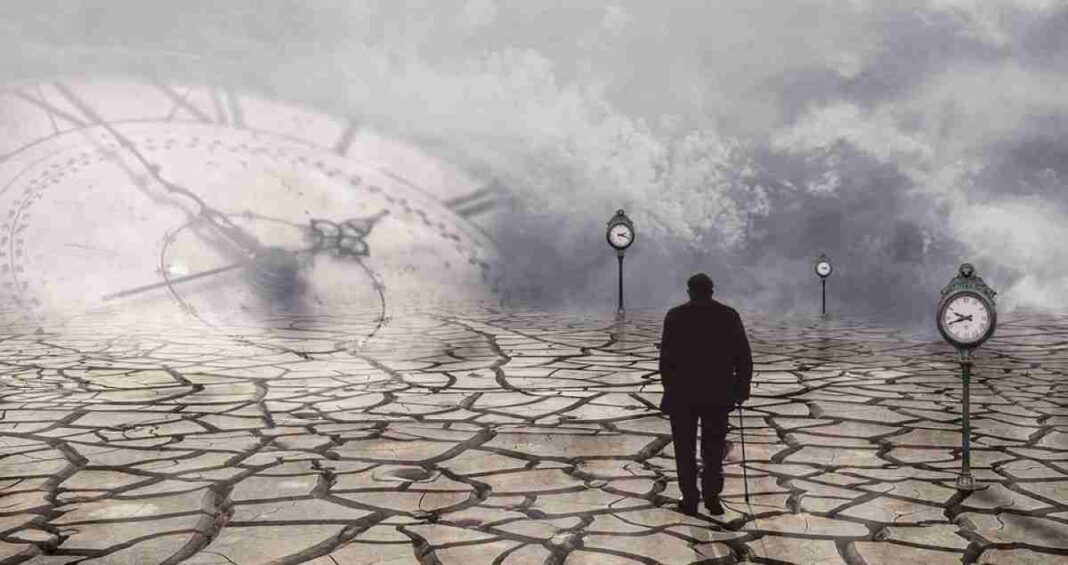INDIA: The Grandfather Paradox has puzzled physicists and philosophers for decades and has led some to think that time travel is impossible or at least inconsistent. The Grandfather Paradox arises from the idea that if time travel were possible, one could go back in time and interact with past events, thus altering them and creating a new timeline.
However, if one changed a critical event that led to one’s own birth or existence, then one would create a paradox since one’s past self would not exist to travel back in time in the first place.
Scientists can formulate the paradox in different ways. However, a commonly known version goes like this: Suppose you travel back in time to a point before your grandfather met your grandmother, and you prevent their encounter by, say, distracting your grandfather or warning your grandmother about his intentions.
Then, if your grandparents don’t meet, they won’t have your parents, who won’t have you, because you won’t travel back in time to prevent their meeting.
The paradox is illogical because the cause (your time travel) would get rid of the effect (your existence), which would get rid of the original cause.
Some solutions to the paradox have been proposed, such as the multiple universes theory, which states that each time travel creates a new parallel universe where the changed events occur, but the original timeline remains intact.
But this theory brings up other questions, like whether or not it’s right to mess with other universes, what it means to be the same person in different universes, and what will happen to the original timeline.
Another solution is the Novikov self-consistency principle, which states that any action or event consistent with the past is consistent with the future and vice versa.
In other words, if you travel back in time and try to change the past, you will fail or succeed in a way that doesn’t contradict the past or the future.
For example, you may inadvertently cause the event you were trying to prevent, or you may find out that you were the one who caused it all along.
This idea is named after the Russian physicist Igor Novikov, who came up with it in the 1980s based on the laws of general relativity and quantum mechanics.
However, the Novikov principle doesn’t explain how consistency is maintained, nor the free will of the time traveller or the people involved.
It also assumes that there is a unique and deterministic past that the time traveller cannot change, which some philosophers dispute.
Moreover, the principle doesn’t rule out the possibility of paradoxes arising from other time travel scenarios, such as bootstrap paradoxes, where an object or piece of information appears to have no origin or cause.
The Grandfather Paradox remains a fascinating and unresolved issue in physics and philosophy and continues to inspire science fiction stories and movies.
While time travel may still be a dream or a nightmare, the Grandfather paradox reminds us that the past is not just a fixed and static recording, but a dynamic and complex web of causes and effects that shape our present and future.
As the famous physicist John Wheeler once said, “Time is what prevents everything from happening at once.”
But what if time could be conquered or circumvented? Would we still be ourselves, or would we become something else? The Grandfather Paradox asks us to imagine the unimaginable and appreciates the mystery and beauty of human existence in the present.
Also Read: The Olbers Paradox: An Explanation for a Mystifying Cosmic Conundrum



